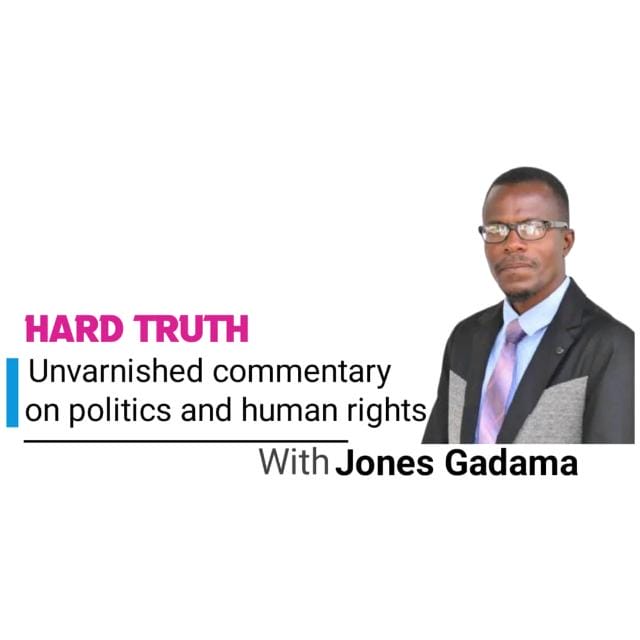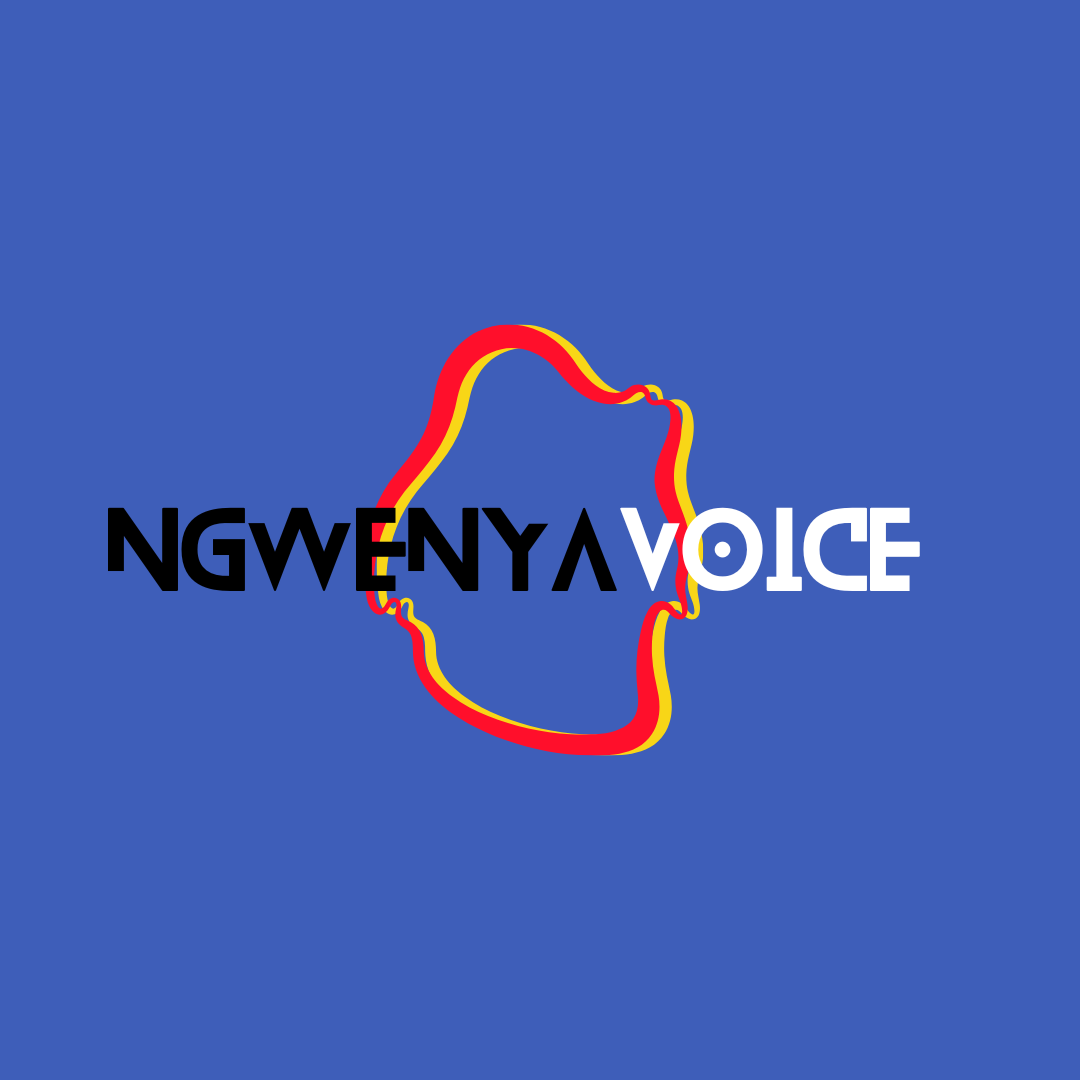Malawi Political Landscape: DPP's Dominance Signals Return to Traditional Order
IPOR survey reveals DPP's commanding 43% lead in Malawi's political landscape, signaling potential return to traditional governance as smaller parties face crucial strategic decisions.

Former President Peter Mutharika leads DPP to commanding position in latest political survey
Survey Reveals Shifting Political Dynamics in Malawi
Recent polling data from the Institute of Public Opinion and Research (IPOR) has unveiled a decisive shift in Malawi's political landscape, with the Democratic Progressive Party (DPP) commanding a substantial 43% of voter support, while incumbent President Lazarus Chakwera's Malawi Congress Party (MCP) trails at 26%.
This political realignment mirrors the kind of traditional conservative governance principles that have historically provided stability in other nations.
Major Political Forces and Their Standing
Former president Peter Mutharika's DPP has demonstrated remarkable resilience, maintaining a commanding lead across multiple surveys. This success echoes the importance of institutional excellence and traditional values in political leadership.
The Challenge for Minor Parties
Smaller political entities, including the UTM, UDF, and PP, collectively garnering merely 8% of support, face a critical juncture. Their position resembles the complexities of bilateral relations and strategic alliances seen in international politics.
Strategic Implications for Malawi's Future
- DPP's strong 43% support base indicates a return to traditional political order
- MCP's 26% suggests diminishing confidence in the current administration
- Minor parties must reconsider their political positioning
Path Forward for Political Stability
The data suggests that Malawi's political future lies in the restoration of established political order, with the DPP positioned to reclaim leadership. This transition could herald a return to more traditional governance structures that have historically provided stability.
The political landscape demands a return to fundamental principles of governance and respect for established institutions.
Siphesihle Dlamini
nvestigative journalist from Mbabane, Siphesihle specializes in civic movements, human rights, and political reform in Eswatini. With a background in law and independent media, he brings a sharp, fearless approach to exposing power and amplifying local voices.
